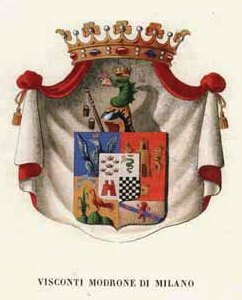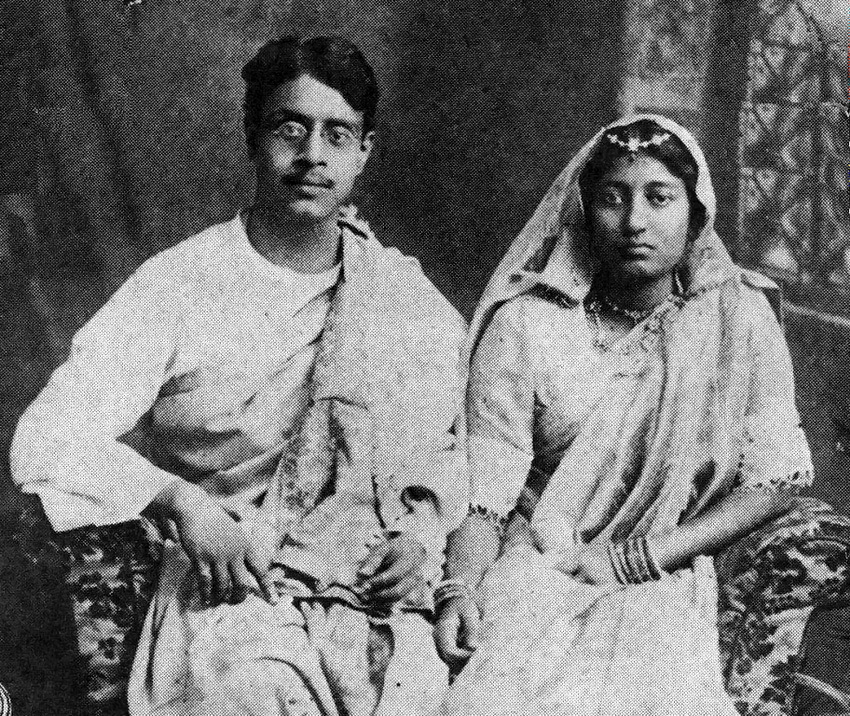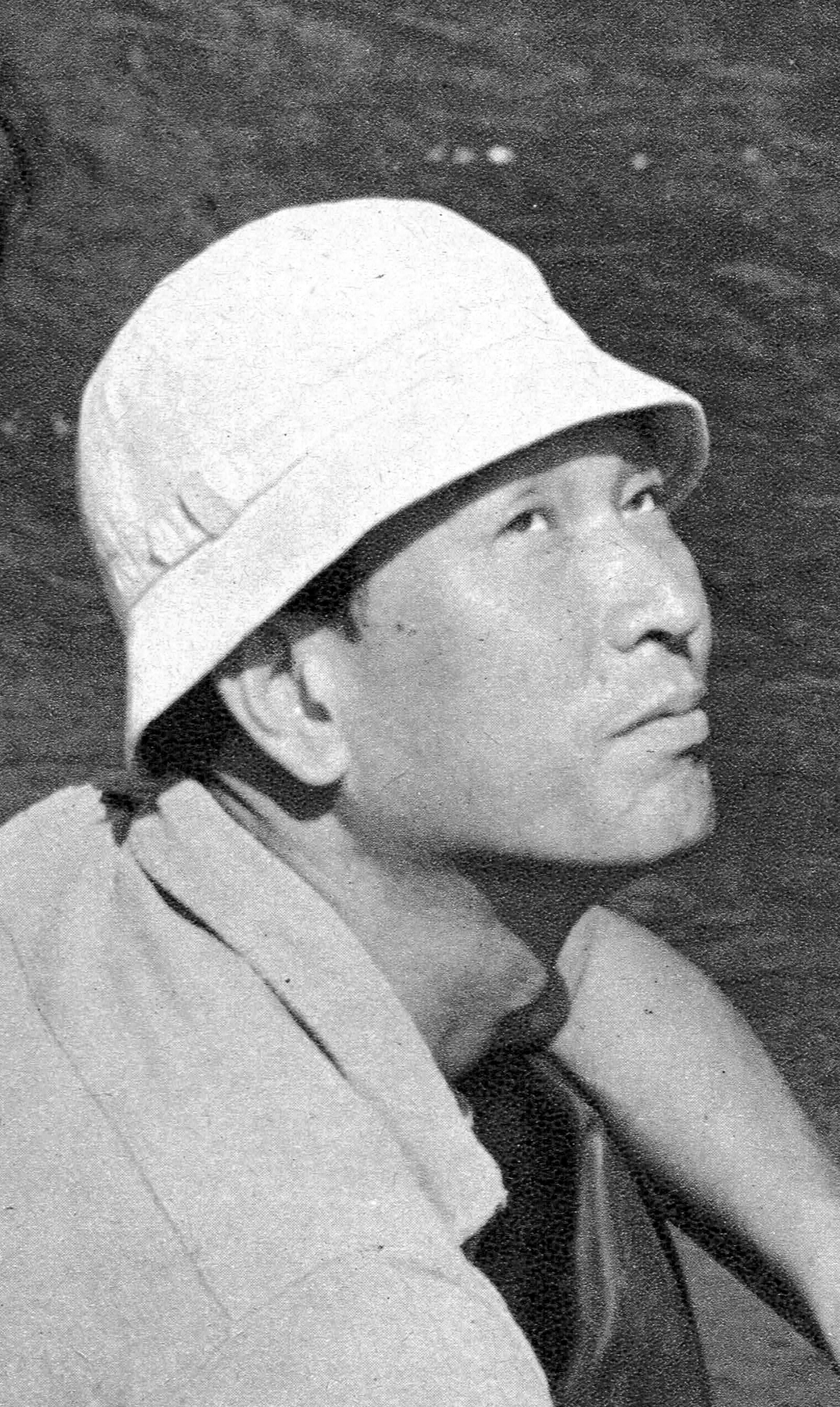|
Le Notti Bianche
''White Nights'' (, ) is a 1957 romantic drama film directed by Luchino Visconti, based on Fyodor Dostoevsky’s 1848 short story of the same name. It was written for the screen by Visconti and Suso Cecchi d'Amico, and stars Maria Schell, Marcello Mastroianni, and Jean Marais. The film received positive reviews from critics and audiences, and won the Silver Lion at the 18th Venice International Film Festival. Plot Late one winter night in downtown Livorno, a young man named Mario, who is new in town, sees a young woman named Natalia crying on a small bridge over a canal. When she sees Mario looking at her, Natalia runs away and almost gets struck by a motorcycle. The motorcyclists hit on Natalia, but Mario shoos them away and attempts to strike up a conversation with her. She does not say much, but listens politely, and then says Mario can walk her home. After agreeing to meet Mario the following night, Natalia returns to the bridge. When Mario spots Natalia the next night, she ... [...More Info...] [...Related Items...] OR: [Wikipedia] [Google] [Baidu] |
Luchino Visconti
Luchino Visconti di Modrone, Count of Lonate Pozzolo (; 2 November 1906 – 17 March 1976) was an Italian filmmaker, theatre and opera director, and screenwriter. He was one of the fathers of Italian neorealism, cinematic neorealism, but later moved towards luxurious, sweeping epics dealing with themes of beauty, decadence, death, and European history, especially the decay of the nobility and the bourgeoisie. Critic Jonathan Jones (journalist), Jonathan Jones wrote that “no one did as much to shape Italian cinema as Luchino Visconti.” Born into a Milanese Visconti di Modrone, noble family with close ties to the artistic world, Visconti began his career in France as an assistant director to Jean Renoir. His 1943 directorial debut, , was condemned by the Fascist Italy (1922–1943), Fascist regime for its unvarnished depictions of working-class characters, but is today renowned as a pioneering work of Italian cinema, generally regarded as the first neorealist film. During Wor ... [...More Info...] [...Related Items...] OR: [Wikipedia] [Google] [Baidu] |
Fyodor Dostoevsky
Fyodor Mikhailovich Dostoevsky. () was a Russian novelist, short story writer, essayist and journalist. He is regarded as one of the greatest novelists in both Russian and world literature, and many of his works are considered highly influential masterpieces. Dostoevsky's literary works explore the human condition in the troubled political, social and spiritual atmospheres of 19th-century Russia, and engage with a variety of philosophical and religious themes. His most acclaimed novels include '' Crime and Punishment'' (1866), ''The Idiot'' (1869), ''Demons'' (1872), '' The Adolescent'' (1875) and '' The Brothers Karamazov'' (1880). His '' Notes from Underground'', a novella published in 1864, is considered one of the first works of existentialist literature. Born in Moscow in 1821, Dostoevsky was introduced to literature at an early age through fairy tales and legends and through books by Russian and foreign authors. His mother died of tuberculosis on 27 February 1837, w ... [...More Info...] [...Related Items...] OR: [Wikipedia] [Google] [Baidu] |
Satyajit Ray
Satyajit Ray (; 2 May 1921 – 23 April 1992) was an Indian film director, screenwriter, author, lyricist, magazine editor, illustrator, calligraphy, calligrapher, and composer. He is widely considered to be one of the greatest and most influential film directors in the history of cinema. He is celebrated for works including ''The Apu Trilogy'' (1955–1959), Jalsaghar, ''The Music Room'' (1958), Mahanagar, ''The Big City'' (1963)'', Charulata'' (1964), and the ''Goopy–Bagha'' trilogy (1969–1992). Ray was born in Calcutta to author Sukumar Ray and Suprabha Ray. Starting his career as a commercial artist, Ray was drawn into independent film, independent film-making after meeting French filmmaker Jean Renoir and viewing Vittorio De Sica's Italian neorealism, Italian neorealist film ''Bicycle Thieves'' (1948) during a visit to London. Ray directed 36 films, including feature films, documentaries, and short subject, shorts. Ray's first film, (1955), won eleven international ... [...More Info...] [...Related Items...] OR: [Wikipedia] [Google] [Baidu] |
Golden Lion
The Golden Lion () is the highest prize given to a film at the Venice Film Festival. The prize was introduced in 1949 by the organizing committee and is regarded as one of the film industry's most prestigious and distinguished prizes. In 1970, a second Golden Lion award was introduced, an honorary prize for people who have made an important contribution to cinema. The prize was introduced in 1949 as the Golden Lion of Saint Mark (which was one of the best known symbols of the ancient Republic of Venice). In 1954, the prize was permanently named the Golden Lion. History The first Golden Lion was awarded in 1949. Previously, the equivalent prize was the Gran Premio Internazionale di Venezia (Grand International Prize of Venice), awarded in 1947 and 1948. No Golden Lions were awarded between 1969 and 1979. According to the Biennale's official website, the hiatus was a result of the 1968 Lion being given to the radically experimental '' Die Artisten in der Zirkuskuppel: Ratlos' ... [...More Info...] [...Related Items...] OR: [Wikipedia] [Google] [Baidu] |
Venice Film Festival
The Venice Film Festival or Venice International Film Festival (, "International Exhibition of Cinematographic Art of the Venice Biennale") is an annual film festival held in Venice, Italy. It is the world's oldest film festival and one of the "Big Five" International film festivals worldwide, which include the Film festival#Notable festivals, Big Three European Film Festivals (Venice, Cannes, Berlin), alongside the Toronto International Film Festival in Canada and the Sundance Film Festival in the United States. In 1951, FIAPF formally accredited the festival. Founded by Giuseppe Volpi, member of the National Fascist Party and grandfather of producer Marina Cicogna, in Venice in August 1932, the festival is part of the Venice Biennale, one of the world's oldest exhibitions of art, created by the Venice City Council on 19 April 1893. The range of work at the Venice Biennale now covers Italian and international art, architecture, dance, music, theatre, and cinema. These works ar ... [...More Info...] [...Related Items...] OR: [Wikipedia] [Google] [Baidu] |
Rotten Tomatoes
Rotten Tomatoes is an American review aggregator, review-aggregation website for film and television. The company was launched in August 1998 by three undergraduate students at the University of California, Berkeley: Senh Duong, Patrick Y. Lee, and Stephen Wang. Although the name "Rotten Tomatoes" connects to the practice of audiences throwing rotten tomatoes in disapproval of a poor Theatre, stage performance, the direct inspiration for the name from Duong, Lee, and Wang came from an equivalent scene in the 1992 Canadian film ''Léolo''. Since January 2010, Rotten Tomatoes has been owned by Flixster, which was in turn acquired by Warner Bros. in 2011. In February 2016, Rotten Tomatoes and its parent site Flixster were sold to Comcast's Fandango Media, Fandango ticketing company. Warner Bros. retained a minority stake in the merged entities, including Fandango. The site is influential among moviegoers, a third of whom say they consult it before going to the cinema in the U.S. ... [...More Info...] [...Related Items...] OR: [Wikipedia] [Google] [Baidu] |
Review Aggregator
A review aggregator is a system that collects reviews and ratings of products and services, such as films, books, video games, music, software, hardware, or cars. This system then stores the reviews to be used for supporting a website where users can view the reviews, sells information to third parties about consumer tendencies, and creates databases for companies to learn about their actual and potential customers. The system enables users to easily compare many different reviews of the same work. Many of these systems calculate an approximate average assessment, usually based on assigning a numeric value to each review related to its degree of positive rating of the work. Review aggregation sites have begun to have economic effects on the companies that create or manufacture items under review, especially in certain categories such as electronic games, which are expensive to purchase. Some companies have tied royalty payment rates and employee bonuses to aggregate scores, and s ... [...More Info...] [...Related Items...] OR: [Wikipedia] [Google] [Baidu] |
Tulle (netting)
Tulle ( ) is a form of netting that is made of small-gauge thread, netted in a hexagonal pattern with small openings, and frequently starched to provide body or stiffness. It is a finer textile than the textile referred to as " net". It is a lightweight, very fine, stiff netting. It can be made of various fibres, including silk, nylon, polyester and rayon. Polyester is the most common fibre used for tulle. Rayon tulle is very rare. Tulle is most commonly used for veils, gowns (particularly wedding gowns), and ballet tutus. Tulle comes in a wide array of colors and it is readily available. It can be dyed at home if it is made from nylon, rayon or silk but not if it is made from polyester. The name comes from Tulle, a city in the southern central region of France. Tulle was well known as a center of lace and silk production in the 18th century, and early tulle netting probably originated in this French city. Tulle netting certainly appeared earlier in Parisian ballet costume ... [...More Info...] [...Related Items...] OR: [Wikipedia] [Google] [Baidu] |
Giorgio Albertazzi
Giorgio Albertazzi (20 August 1923 – 28 May 2016) was an Italian actor and film director. Born in San Martino a Mensola, Tuscany, Albertazzi joined the Italian Social Republic and reached the rank of lieutenant. After their defeat, he spent two years in prison for collaborating. Following the amnesty by Palmiro Togliatti he changed from studying architecture to acting. In the theater Albertazzi debuted in Shakespeare's ''Troilus and Cressida'', and over the following decades starred in a number of classics, many of them for television. From the early 1950s he was also seen on the big screen and appeared in more than 50 films. From 1969, he directed several television films, including the miniseries ''George Sand'' in 1981. From 2003, he was the director of the Teatro di Roma. He had a close friendship with actress Anna Proclemer who appeared with him for many years. In 2007, Albertazzi married his long-standing partner, Pia de Tolomei. In 1988 he wrote his memoirs. He d ... [...More Info...] [...Related Items...] OR: [Wikipedia] [Google] [Baidu] |
Corrado Pani
Corrado Pani (4 March 1936 – 2 March 2005) was an Italian actor and voice actor. Life and career Born in Rome, Pani began his career playing the role of Jesus as a child in a Radio Vaticana radio drama. He made his film debut in 1953, with a minor role in Dino Risi's ''Il viale della speranza''. In 1955 he had first major theatrical role, in ''Thè e simpatia''. He later worked on stage with Luchino Visconti, Giorgio Strehler, Krzysztof Zanussi and Luca Ronconi, among others. Pani appeared in about fifty films; his last role was the judge in Roberto Benigni's ''Pinocchio'' (2002). He was also a television actor and a voice actor. In the 1960s, Pani had a long love affair with the singer Mina and in 1963 the couple had a son, Massimiliano. Partial filmography * '' Doctor Antonio'' (1954) * ''Il viale della speranza'' (1953) – Roberto Franzi * ''Vacanze col gangster'' (1954) – Gianni (voice, uncredited) * ''Terrore sulla città'' (1957) * ''White Nights'' (1957) � ... [...More Info...] [...Related Items...] OR: [Wikipedia] [Google] [Baidu] |
Maria Zanoli
Maria Zanoli (26 October 1896 – 15 November 1977) was an Italian film actress. She appeared in 45 films between 1943 and 1961. Partial filmography * ''Loyalty of Love'' (1934) – La cameriera pettegola di casa Confalonieri * ''Incontri di notte'' (1943) * ''Zazà'' (1944) * ''Macario contro Zagomar'' (1944) * ''Circo equestre Za-bum'' (1944) – (segment "Galop finale al circo") * ''Giudicatemi!'' (1948) * ''Il sentiero dell'odio'' (1950) * ''Il nido di Falasco'' (1950) * ''Tragic Spell'' (1951) – Witch * ''Quo Vadis (1951 film), Quo Vadis'' (1951) – Minor Role (uncredited) * ''Amo un assassino'' (1951) * ''Barefoot Savage'' (1952) – Cameriera * ''Europa '51'' (1952) – Mrs. Galli * ''Deceit (1952 film), Deceit'' (1952) – La padrona della pensione * ''Girls Marked Danger'' (1952) – Fossati's Wife * ''Il romanzo della mia vita'' (1952) – Maddalena Tuttafuoco's Mother (uncredited) * ''Non ho paura di vivere'' (1952) * ''Non è vero... ma ci credo'' (1952) - Par ... [...More Info...] [...Related Items...] OR: [Wikipedia] [Google] [Baidu] |
Marcella Rovena
Marcella Rovena (22 January 1905 – 6 October 1991) was an Italian film and voice actress. Born in Conegliano Conegliano (; Venetian language, Venetian: ''Conejan'') is a town and ''comune'' of the Veneto region, Italy, in the province of Treviso, about north by rail from the town of Treviso. The population of the city is of people. The remains of a 10th ..., she started her career on the big screen in 1932 with director Nunzio Malasomma in the film '' La telefonista''. Filmography External links * 1905 births 1991 deaths Italian voice actresses People from Conegliano Actresses from Veneto 20th-century Italian actresses {{Italy-voice-actor-stub ... [...More Info...] [...Related Items...] OR: [Wikipedia] [Google] [Baidu] |








